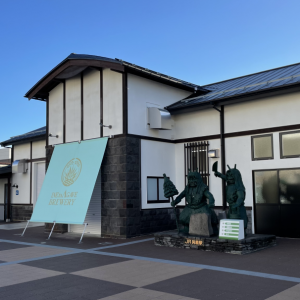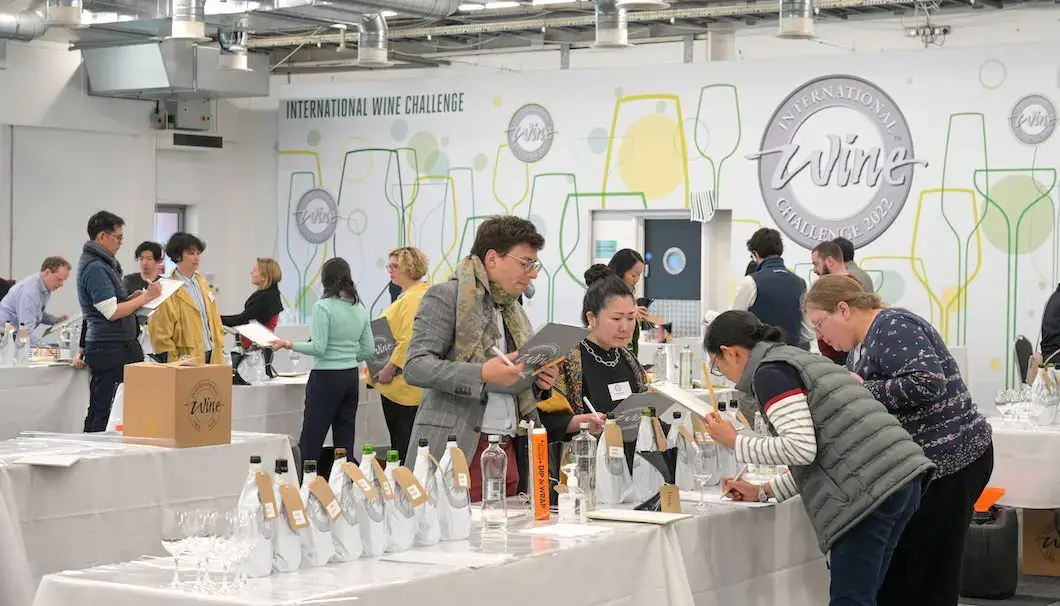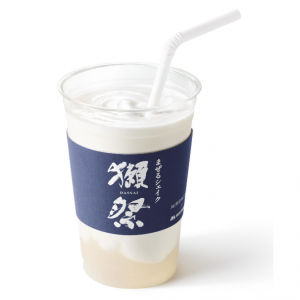
International Wine Challenge 2022 announces Sake Division Medal winners
On May 12 the world’s largest wine competition, the International Wine Challenge (IWC), revealed the Medal-winning brands in its Sake Division.
This year 1,732 brands were exhibited and subjected to a blind tasting evaluation in nine categories: Futsushu, Junmai, Junmai Ginjo, Junmai Daiginjo, Honjozo, Ginjo, Daiginjo, Sparkling, and Koshu. Based on the scores, each sake may receive a Commended Sake distinction, or receive a coveted Bronze, Silver, or Gold Medal.
Most Gold Medal winners came from the junmai daiginjo category with 23 in total, including Sake Hundred’s Ten’u, and Shichida from Tenzan Shuzo. The 80 Gold Medal winners will move on to another evaluation and the highest rated in each category will be awarded trophies, with the one top brand of that round crowned the Champion Sake of the IWC 2022. In addition, a sake that sells for under 1,000 yen (US$7.74) per 720mL (24oz) bottle but achieves the highest grades at the IWC will be designated the Great Value Sake for 2022.
The London-based IWC is considered the most influential competition of its kind in the world, and added the Sake Category in 2007. Since then the division has grown rapidly in both size and popularity. Sake breweries who have won in the past have enjoyed a significant leg up in marketing all over the world.
LINK: SAKETIMES|2022/5/12 【速報】IWC(インターナショナル・ワイン・チャレンジ)2022「SAKE部門」のメダル受賞酒が発表されました!
Customers rush to support historic brewery ravaged in fire
On the afternoon of May 11, two buildings belonging to the sake brewery Yuki Shuzo in Yuki City, Ibaraki Prefecture were severely damaged in a blaze that covered about 1,100 square meters (11,800 square feet).
Starting that same night, local customers immediately began buying Yuki Shuzo products in an effort to help the business get back on its feet quickly. One woman in her 70s told media, “Not only is their sake delicious, but the company also holds many events in the community like live concerts at their brewery. It’s bad now, but I hope they can hang in there and rebuild as soon as possible.”
The company itself dates back to 1594, and the structures that burned down date back to the middle of the 19th century. Having been built towards the end of Japan’s Edo Period, they were registered as Tangible Cultural Properties by the government.
Many of the customers asking about Yuki Shuzo and buying their sake have been doing so through a nearby liquor store that has been in business with the brewery since the early 20th century. The head of the store said, “We have received concern from customers not only in the area but from all over the country, wondering what they can do to help, and we’re currently almost out of stock. All of us in the area want to do all that we can to help in the recovery.”
LINK: NHK|2022/5/12 江戸時代の酒蔵全焼の結城酒造 酒を買って応援相次ぐ 茨城
Remote sake brewing a growing movement on social media
The Remote Sake Brewing Project, encouraging home rice-growing, has been gradually growing in popularity in the Yumesaki area of Himeji City, Hyogo Prefecture thanks to social media and word of mouth.
Recruiting is now underway and participants will be given rice plant seedlings to grow in a bucket at their own homes. After caring for and growing the rice over the summer months, it is then harvested in the fall and brought to Tsubosaka Shuzo, who offers feedback on the quality of the rice and then brews sake with it. The following spring, each participant can then buy the sake made from their own rice.
The idea was created by the Harima Nihonshu Project which is a collaboration between Tsubosaka and sake rice grower Farm House. One goal of the project is to resurrect the use of Benkei sake rice. Although nowadays, Hyogo Prefecture is famous for its Yamadanishiki rice, prior to WWII, Benkei was the dominant strain in the area, but has since fallen out of use.
Benkei is currently used to make Tsubosaka’s Ko-Ou 100-Nen, which also uses the same yeast that sake made from Benkei once had. Now, Benkei is set to proliferate further as the signature rice in Remote Sake Brewing.
Last year’s Remote Sake Brewing had swelled to nearly 300 participants, about five times the previous year. The popularity was in part thanks to social media where a community of participants, who were mostly home-bound during the pandemic, can interact and also get growing advice from experts. In addition, since the rice was often seen growing in front of people’s homes, neighbors would ask and learn about the project, spreading the word even further.
Registration for Remote Sake Brewing will run until the end of the month through the messaging app Line and costs 1,000 yen. Seedlings will be distributed between June 11 and 19.
LINK: Yahoo!ニュース | 2022/5/11 自宅のバケツで酒米栽培?SNSで拡散、リモート酒造り 幻の品種「弁慶」復活通じ、広がる交流
*If you would like us to send you monthly updates and information, register here.




Comments